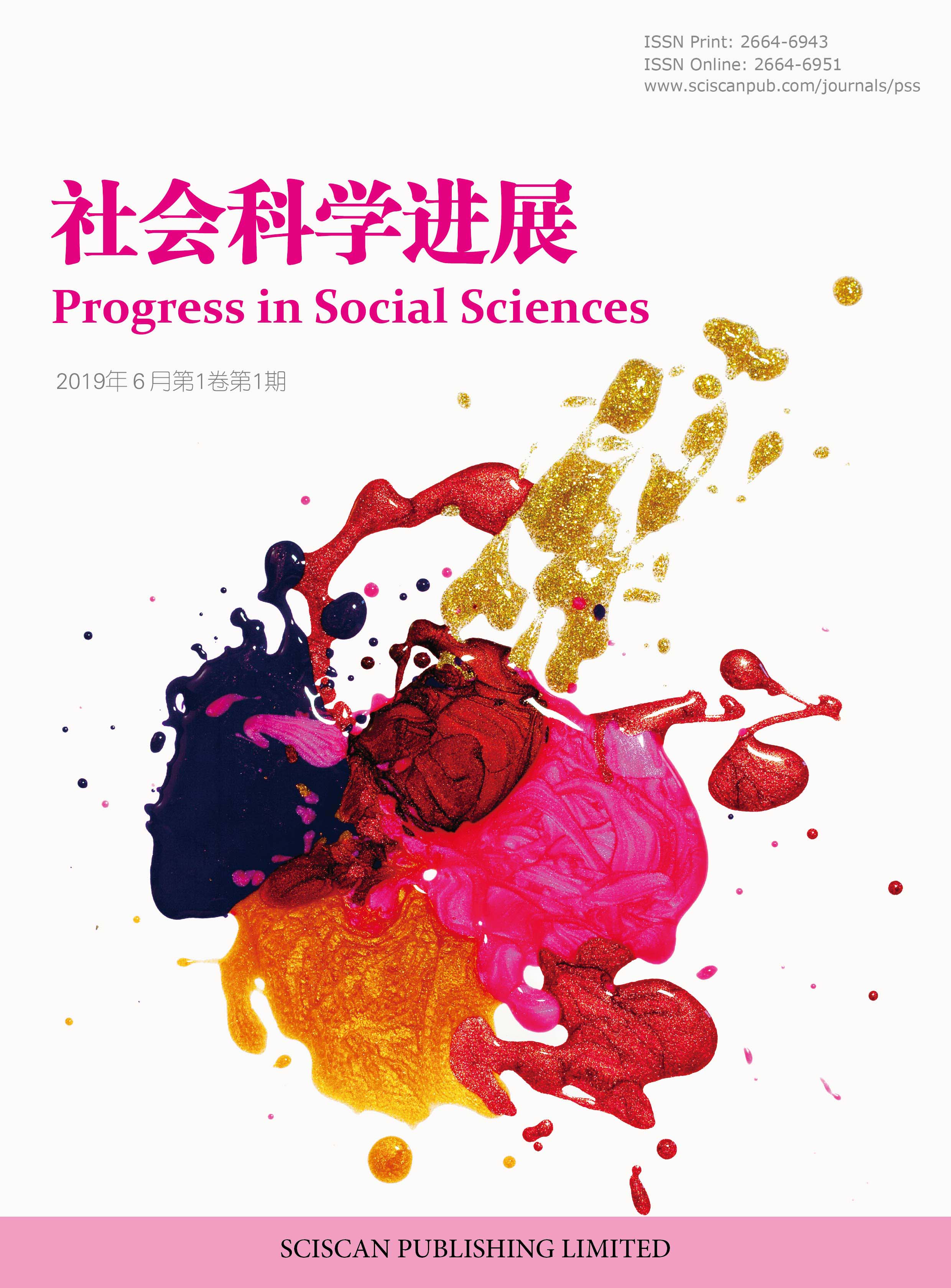Progress in Social Sciences
ISSN Print: 2664-6943
ISSN Online: 2664-6951
Contact Editorial Office
Subscribe to the latest published information from SCISCAN
以“HONDA”案为例论涉外定牌加工商标侵权问题
Taking “HONDA” Case as an Example to Discuss OEM Trademark Infringement
- Authors: 李潇杨
-
Information:
上海政法学院,上海
- Keywords: 涉外定牌加工;商标侵权;混淆可能性
- OEM; Trademark infringement; Likelihood of confusion
- Abstract: 受金融危机影响,为了保护沿海加工业的发展,2 0 1 4年最高人民法院在“PRETUL”案中基本确立了涉外定牌加工不构成商标侵权的思路,但是在2019年“HONDA”案中法院改变了之前的态度,在该案中作出构成商标侵权的相反判决。最高人民法院认为,涉案中国企业的做法首先属于涉外定牌加工,且属于商标的使用行为,同时也存在引发相关公众产生混淆的可能性。本文以最高人民法院的再审判决为基础进行反思探讨,从涉外定牌加工是否属于商标的使用行为、相关公众的界限的扩大解释,以及混淆可能性原则三个方面进行法律分析,认为涉外定牌加工是否构成商标侵权行为,还应当考量是否违反了审查义务和忠实义务、是否具有混淆可能性及是否构成境外恶意抢注商标,以此为司法实践和海关行政执法提供理论基础。
- Affected by the financial crisis, in order to protect the development of coastal processing industry, the Supreme People’s Court basically established the idea that OEM does not constitute trademark infringement in the “PRETUL” case in 2014, but in the “HONDA” case in 2019, the court changed its previous attitude and made a contrary judgment in this case, which constitutes trademark infringement. The Supreme People’s Court held that the practices of Chinese enterprises involved in the case were first OEM and trademark use, and there was also the possibility of causing confusion among the relevant public. Based on the retrial decision of the Supreme People’s Court, this paper makes a reflection and discussion, and makes a legal analysis from three aspects: whether OEM belongs to the use of trademarks, the expanded interpretation of the relevant public boundaries, and the principle of possibility of confusion. It is believed that whether OEM constitutes trademark infringement, we should also consider whether it violates the obligation of review and loyalty, whether it has the possibility of confusion, and whether it constitutes a malicious overseas rush to register trademarks, This provides a theoretical basis for judicial practice and customs administrative law enforcement.
- DOI: https://doi.org/10.35534/pss.0405040
-
Cite:
李潇杨.以“HONDA”案为例论涉外定牌加工商标侵权问题[J].社会科学进展,2022,4(5):455-466.














